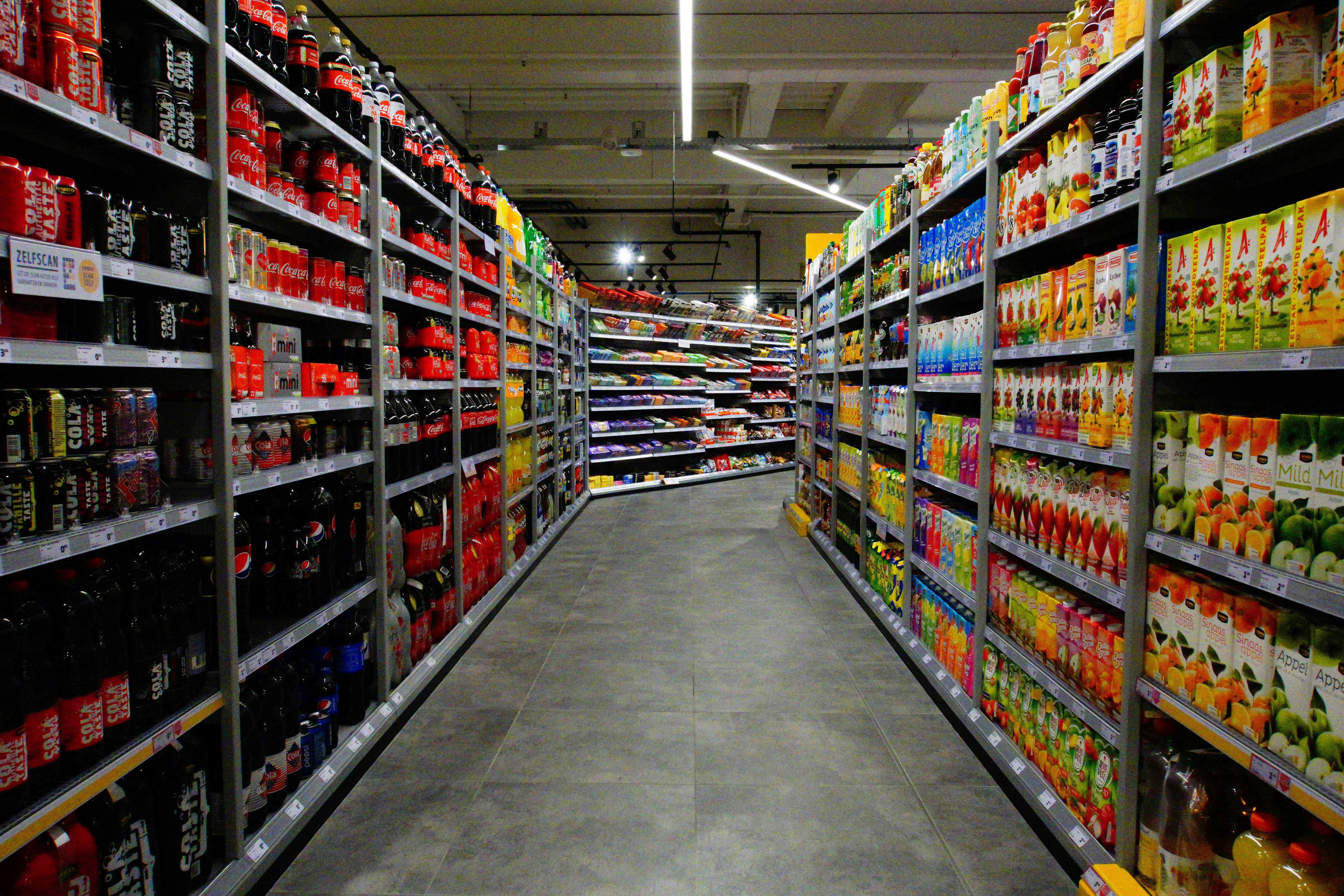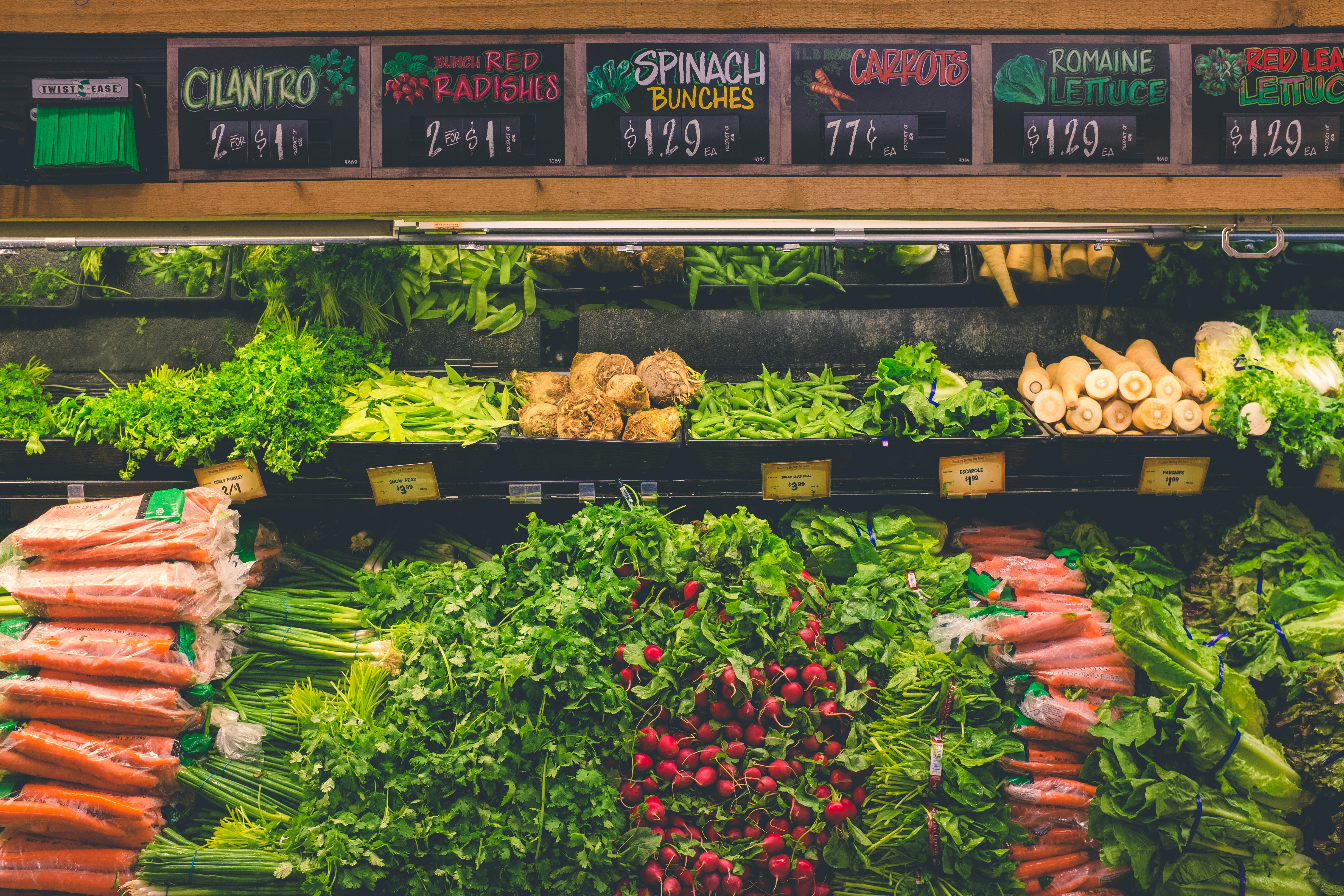
Retail (134)
Improving Traceability in the Food Supply Chain with Blockchain
- Monday, 04 December 2023
- Retail
- Written by Scott Koegler

The global supply chain for food and agricultural products has become incredibly complex. As ingredients and products are sourced from all over the world, it can be difficult to track where something originated or how it moved through multiple stages of processing and distribution. This lack of transparency and traceability is a major challenge across the food industry. However, an emerging technology - blockchain - could transform traceability and trust in global food systems.
Read more...How Fashion can Tackle Growing Demands of a Stable and Agile Supply Chain
- Monday, 18 September 2023
- Retail
- Written by Helene Behrenfeldt

By Helene Behrenfeldt
It’s all about resilience and agility.
In the dynamic world of fashion, where trends evolve at the blink of an eye, the success of a brand hinges not only on its creativity but also on the efficiency and adaptability of its supply chain. Fashion brands are realizing that a stable and agile supply chain is no longer just an option – it's a necessity. Fashion brands must prioritize the development of a stable and agile supply chain to navigate the complexities of the industry successfully.
Fashion is inherently fickle, with consumer preferences and trends constantly shifting. What's in Vogue today might be outdated tomorrow. This volatility places immense pressure on fashion brands to respond swiftly to changing demands, and where a robust supply chain comes into play. By establishing a stable and agile supply chain, brands can efficiently manage the challenges posed by sudden shifts in demand and emerging trends.
In the world of fashion, sustainability, quality, and timeliness are paramount. A stable supply chain ensures that raw materials and components are consistently available, contributing to the production of high-quality sustainable products. Moreover, an agile supply chain enables brands to swiftly adapt to disruptions, preventing delays and ensuring that products reach the market in a timely manner. This consistency can enhance brand reputation and customer loyalty, crucial factors in the highly competitive fashion industry.
The modern consumer is increasingly conscious of sustainability and ethical practices. Fashion brands are under mounting pressure to adopt environmentally friendly and ethical approaches throughout their supply chains. Creating a stable and agile supply chain facilitates the implementation of sustainable practices, such as responsible sourcing of materials, reducing waste, and optimizing transportation routes. This commitment resonates with socially conscious consumers and can lead to a positive brand image.
An agile supply chain not only helps fashion brands respond to challenges, but also empowers them to seize opportunities for innovation. Rapid shifts in consumer behaviour and technological advancements open doors to new markets and product lines. A brand with an agile supply chain can swiftly experiment with new ideas, adapt existing products, and capitalize on emerging trends. This flexibility fosters creativity and positions brands at the forefront of fashion innovation.
A stable and agile supply chain encourages collaboration and seamless communication among all stakeholders – from suppliers and manufacturers to distributors and retailers. Efficient communication ensures that everyone is aligned with the brand's objectives and can work together to address bottlenecks and resolve issues promptly. This unity across the supply chain streamlines processes, reduces lead times, and ultimately contributes to improved customer satisfaction.
In the ever-evolving realm of fashion, building a stable and agile supply chain is no longer a choice; it's an imperative. The ability to swiftly respond to changing demands, mitigate risks, uphold ethical standards, and foster innovation are all critical aspects that can be achieved through a well-structured supply chain. Fashion brands that prioritize the development of such a supply chain are better equipped to not only survive but thrive in the face of the industry's challenges. By focusing on stability and agility, fashion brands can create a lasting impact, enhance brand resilience, and continue to shape the trends of tomorrow.
Read more...Circular Economy Needs To Factor In Clean Shipping
- Monday, 15 May 2023
- Retail
- Written by Veena Harbaugh

Eliminating waste and improving efficiency are goals for every supply chain. But the ultimate win in eradicating supply chain waste can be realized when systems and processes are redesigned to be circular.
Read more...In Order to free up Shelf Space, Retailers are offering Black Friday Deals Today
- Monday, 07 November 2022
- Retail
- Written by Danielle Loughnane

If you’re anything like me, you’ll plan on beginning your holiday shopping early - but somehow always end up ordering last minute gifts on Amazon days before Christmas. While there are benefits to finishing up your shopping early – bigger inventory and less crowds being two of them – many people will wait until Black Friday to begin their shopping. A new theory from NBC Boston suggest that it may be beneficial to start your shopping early this year. And it may not be for the reason you think.
Read more...Baby Formula is Latest Casualty of Supply Chain Crisis
- Monday, 16 May 2022
- Retail
- Written by Danielle Loughnane

Baby formula continues to be scarce throughout the United States as parents scramble to feed their babies amid a supply chain crisis. No product seems to be immune to the supply chain disruption with baby formula being the latest causality amplified by the covid-19 pandemic, historic inflation and numerous recalls. With no end in sight, parents are becoming desperate as store shelves lay empty throughout the country. "Unfortunately, given the unprecedented amount of volatility to the category, we anticipate baby formula to continue to be one of the most affected products in the market,” Datasembly CEO Ben Reich advised.
Read more...School Supply Industry Face Supply Chain Disruption Amid Start of the School Year
- Monday, 16 August 2021
- Retail
- Written by Danielle Loughnane

Add school supplies to the list of industries experiencing supply chain disruptions this year. But unlike other disruptions – stores won’t completely run out of items. Instead – experts predict that consumers may not be able to get exactly what they want when it comes to sneakers, backpacks, and other goods. "What we will likely see is more limited choice and lower stock levels towards the end of the back to school period," said Neil Saunders, retail analyst and managing director at GlobalRetail Data in an interview with USA Today.
Read more...Grocery Stores Taking Stock of Pandemic Issues
- Monday, 01 March 2021
- Retail
- Written by Scott Koegler

As the coronavirus pandemic continues pounding all industries, traditional shoppers and retailers worldwide are grappling with uncertainties about COVID-19. Major inventory disruptions and the surge in online shopping due to the coronavirus pandemic are changing the grocery supply chain as it is doing to other industries. With these challenges, grocery stores are seeking new alternatives to salvage the situation and offer better services that will withstand the challenge of the pandemic.
Read more...Get Your Supply Chain Ready for the Holidays
- Monday, 12 October 2020
- Retail
- Written by Super User

The 2020 holiday looks different for retailers. The year has had many challenges due to the coronavirus pandemic, which has affected many things. One of the areas that have been affected substantially is the supply chain. However, despite the challenges, sales are projected to increase this year, considering many people have opted to purchase products from e-commerce platforms instead of using brick-and-mortar stores. As the number of e-commerce orders rises, there will be an increase in the type of services, including last-mile package deliveries and transportation and inbound shipment of items, among others. This calls for careful planning and change of strategy in supply chain management.
Read more...Plan for an Unusual 2020 Holiday Season
- Monday, 05 October 2020
- Retail
- Written by Scott Koegler

Almost everybody has found their plans mired in the coronavirus. From the retailers whose sectors they depend on have been closed down to holidaymakers whose travel plans have been limited, everyone has been left thinking of what will happen next. Most people have been forced to change their plans while others have halted them completely. As the holiday season gets closer, many retailers will soon start planning their 2020 season, if they have not begun already. While people in this industry have had it easy to forecast and diligently plan for such seasons and execute the holiday campaigns accordingly in the past, this year is a difficult one considering the challenges occasioned by the COVID-19 pandemic.
Read more...Amazon Looks to Use Empty Mall Space for Fulfillment
- Monday, 24 August 2020
- Retail
- Written by Scott Koegler

As other organizations face a rough time due to coronavirus pandemic, Amazon seems to be having a good time. The company just reported the best ever quarter, meaning the company is making profits and is gaining more power with time. Despite the losses that have reduced traffic in malls for quite some time, customers seem to be shifting their attention to online shopping. And then the coronavirus hit. As it appears, Amazon might soon take over spaces of bankrupt retailers who are struggling with the coronavirus pandemic and other issues.
Read more...Most Read
-

-
Feb 17 2012
-
Written by Scott Koegler
-
-

-
Jul 18 2017
-
Written by Super User
-
-

-
Feb 13 2019
-
Written by Scott Koegler
-
-

-
Feb 13 2013
-
Written by Scott Koegler
-





